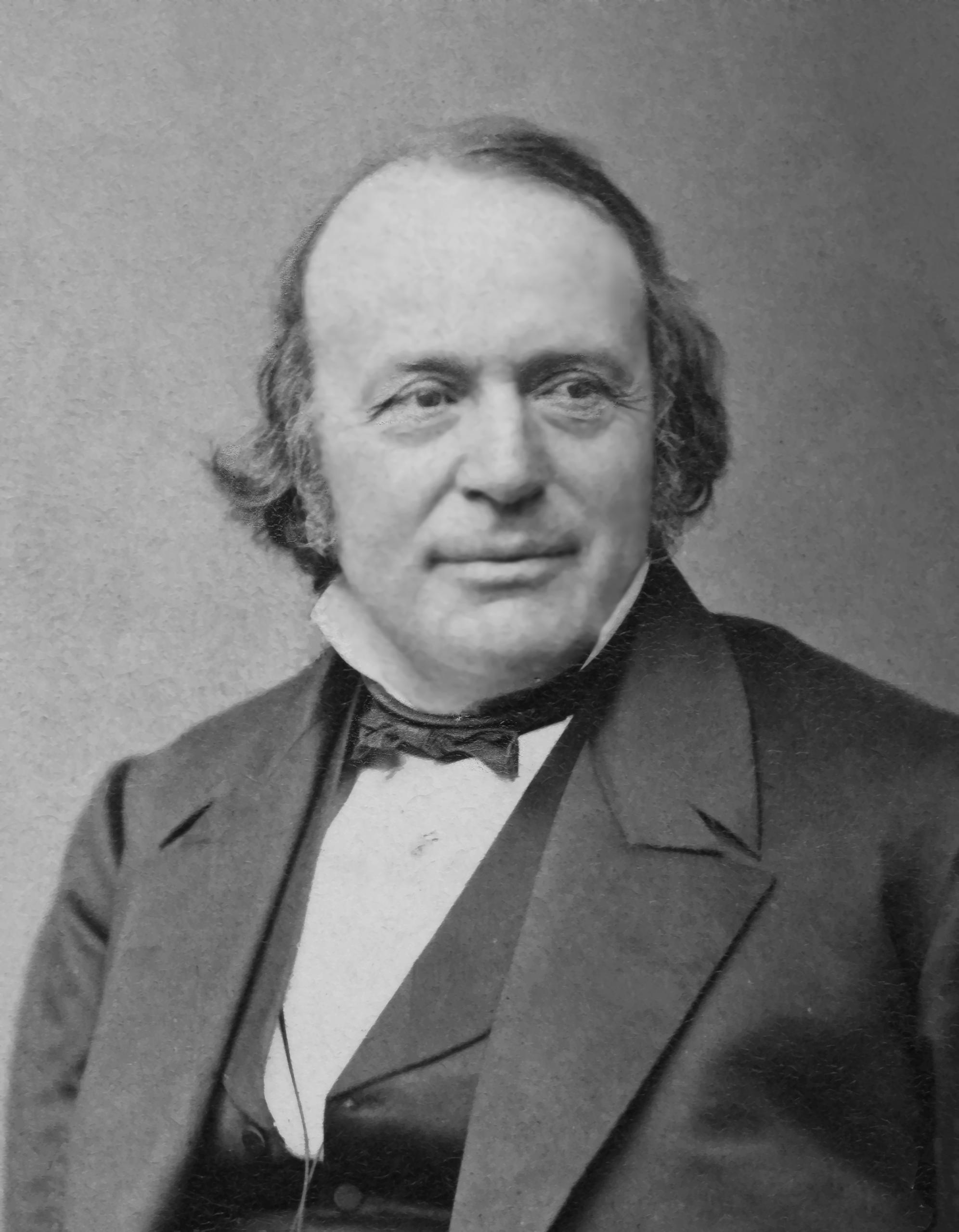
Neuchâtel renames ‘Louis Agassiz Street’ over racism concerns

The Swiss town of Neuchâtel has decided to rename Espace Louis-Agassiz, a street running through the local university district, to distance itself from the famous 19th-century Swiss-American glaciologist who was also an outspoken racist.
The city authorities announced on FridayExternal link that they had decided to rename Espace Louis-Agassiz – a street on which the University of Neuchâtel’s Faculty of Arts and Human Sciences is located – Espace Tilo Frey, to mark the ten-year anniversary since her death.
Tilo Frey was born in Cameroon to a Cameroonian mother and Swiss father. She was the first woman to be elected to the cantonal parliament (1969) and to the House of Representatives in Bern (1971-1975).
The authorities said in a statement that the street had been renamed in honour of this “pioneer of female emancipation and ethnic minorities”.
They added that the decision, taken in accordance with the university rectorate, was “exceptional”. It follows two written requests to the local parliament: one to “reconsider Agassiz’s heritage in the public space”, and another to honour Frey.
Darwin and racism
Agassiz is a controversial figure. He was born in Môtier-Vully, canton Fribourg, in 1807. After studying medicine and philosophy, in 1832 he started work as professor of natural history at l’Académie de Neuchâtel, which would later become the university. In 1846, he crossed the Atlantic to study the natural history and geology of North America and to deliver lectures. Two years later, he accepted a position at Harvard.
Despite being a ground-breaking zoologist and glaciologist – he was a key promoter of the Ice Age theory – two words explain Agassiz’s relative absence from history books: Darwin and racism. He refused to accept evolutionary theory and believed blacks and whites had different origins. Indeed, after arriving in the US, he felt confronted by black people and wrote to his mother that he felt physically ill in their presence.
+ Read more about the Agassiz controversy at the Swiss Alpine Club
The Neuchâtel authorities said their decision was linked to possible damage to the university’s international reputation by having “an address linked to a controversial figure from the past”.
However, Neuchâtel does not plan to remove all local references to Agassiz, such as a bust at the university, or his portrait at the Natural History Museum, which are accompanied by detailed explications of the glaciologist’s past and ideas.
Thomas Facchinetti, the local councillor in charge of culture and integration, told reporters on Friday: “We are not in the process of disgracing the memory of Louis Agassiz or of giving in to political correctness.”
Agassiz has been a source of ongoing controversy in Switzerland. In 2007, the government condemned the scientist’s ideas. In 2017, the Swiss Alpine Club decided not to revoke the honorary membership of the Swiss glaciologist.
In 2010, Grindelwald and Guttannen (both in canton Bern) and Fieschertal (canton Valais) rejected a petition signed by 2,500 people to rename the 3,946-metre (13,000-foot) Agassizhorn peak in the Bernese Oberland.

In compliance with the JTI standards
More: SWI swissinfo.ch certified by the Journalism Trust Initiative

















![The four-metre-long painting "Sonntag der Bergbauern" [Sunday of the Mountain Farmers, 1923-24/26] had to be removed by a crane from the German Chancellery in Berlin for the exhibition in Bern.](https://www.swissinfo.ch/content/wp-content/uploads/sites/13/2025/12/01_Pressebild_KirchnerxKirchner.jpg?ver=a45b19f3)











You can find an overview of ongoing debates with our journalists here . Please join us!
If you want to start a conversation about a topic raised in this article or want to report factual errors, email us at english@swissinfo.ch.